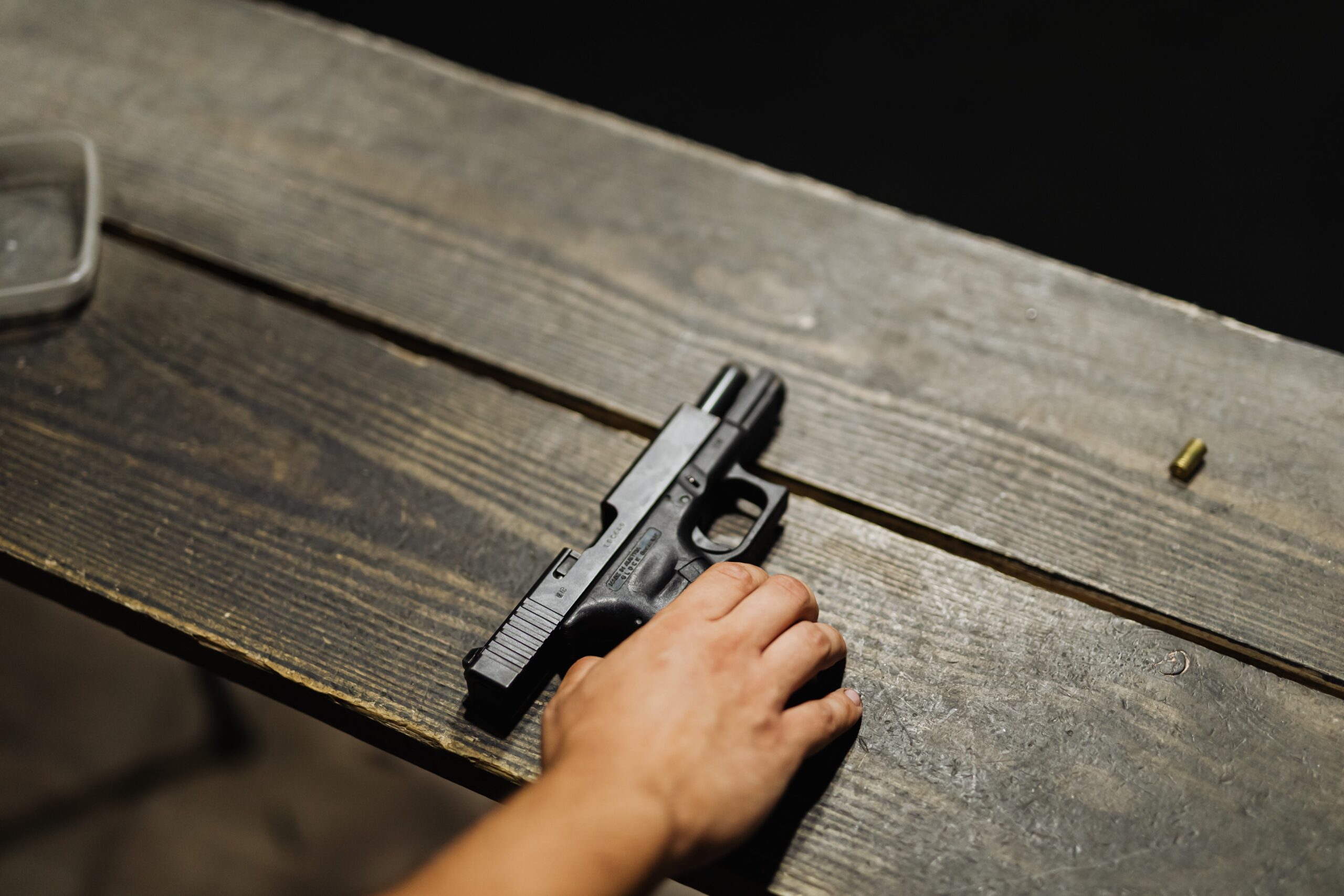10 Things You Need to Know About Maryland Gun Laws

Maryland enforces its own regulations and restrictions on firearm ownership on top of federal gun laws, which are fairly unique when compared to the rest of the United States. Listed below are 10 things you need to know about Maryland gun laws as a resident, all of which an experienced firearm attorney could explain in more detail.
Rule 1: No Reciprocity with Other States
Maryland is the only U.S. state that does not honor concealed carry licenses or permits from any other state. This means it is illegal to carry a concealed firearm in Maryland without a Maryland concealed carry permit, and anyone found carrying with only another state’s permit may face criminal prosecution.
Rule 2: Maryland Is a Shall-Issue State
Maryland’s shall-issue policy for concealed carry permits includes a unique condition. While any person who meets all the criteria established under state law to make them eligible for a concealed carry permit and completes all the steps to properly apply for such a permit will be granted one, with no opportunity for state authorities to arbitrarily deny the application without specific legal grounds for doing so, there is a catch. Maryland requires applicants to provide a “good and substantial reason” for carrying a handgun. This requirement is more stringent than in most shall-issue states, giving Maryland authorities the right to deny applications that don’t meet this specific criterion, thereby making its shall-issue policy more restrictive.
Rule 3: No Constitutional Carry in Maryland
Maryland is not a “constitutional carry” state, meaning that no state resident or visitor may carry a firearm in public—openly or concealed—without a permit.
Rule 4: No Concealed Carry of Non-Handguns
Even if they have a Maryland Wear and Carry Permit (WCHP), no one in Maryland can carry any firearm larger than a handgun in public.
Rule 5: Limitations on Carrying in Vehicles
In most situations, people in Maryland can only carry firearms in personal vehicles if they have a Maryland WCHP. There are strict restrictions on transporting firearms in motor vehicles without such a permit, generally requiring the firearm to be unloaded and stored in a special case not accessible by any vehicle passenger during transit.
Rule 6: Magazine Limits, With No Ammunition Restrictions
Maryland restricts the creation, selling, purchasing, or possession of firearm magazines with a capacity of over 10 rounds. This puts a stop to any high-capacity magazine, even for pistols. There are exceptions for tubular magazines in 22-caliber rifles, and this law does not pertain to law enforcement officers. This said, Maryland has no restrictions on possessing or purchasing ammunition.
Rule 7: Maryland Is Effectively a Castle Doctrine State
While state law does impose a duty to retreat on individuals who are able to do so when faced with dangerous situations outside their homes, the use of deadly force is legal in situations where someone who did not initiate a conflict reasonably believes they are in imminent danger of serious or fatal bodily harm.
Rule 8: Maryland Residents Have No Duty to Inform Law Enforcement
Individuals in Maryland have no legal obligation to inform law enforcement officers that they are carrying a concealed firearm, although it is common practice across the nation.
Rule 9: Red Flag Laws
Various parties have the standing to petition for someone else to have their firearms and/or ammunition confiscated, as well as to have them barred from purchasing any new firearms or ammunition for a specified period.
Rule 10: Permit, Background Check, and Registration Requirements for Purchase
Whether an individual has a WCHP or not, Maryland residents looking to purchase handguns must first:
- Obtain a Handgun Qualification License
- Pass a background check for both public and private sales.
- Go through a seven-day waiting period.
- Register their purchased firearm with the Department of State Police within 90 days of purchase or of moving into the state.
If you have any questions about Maryland’s gun laws or want to discuss the 10 things you need to know as a potential or current gun owner, get in touch with one of our knowledgeable lawyers. They can explain each rule in more detail and outline the best steps for your individual situation.
Further, if you or a loved one has been harmed by someone violating one of the rules above, call Price Benowitz today for a free case evaluation to get the help you need.













